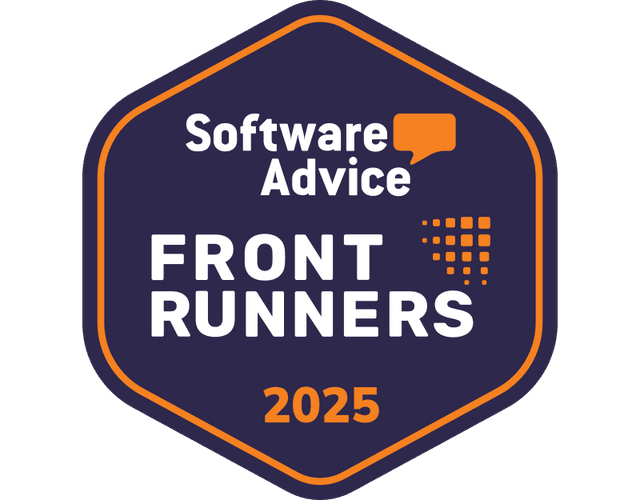What is Delivery Management Software?
Delivery management software is a digital tool that streamlines and optimizes the entire delivery process, owing to the automation of various coordination workflows like resource optimization, scheduling, route planning, and order tracking. With this software, companies can correct scheduling errors, minimize miscommunication with partners and clients, and reduce delays. This system would be an asset to logistics providers, courier and delivery services, and food and beverage businesses.
Importance
On a regular basis, logistics suppliers confront issues such as inefficient route planning, a lack of visibility into operations, and scheduling difficulties. But with the best delivery management software, all these issues can be resolved. Read on to learn about its foremost benefits:
Real-time tracking – Features like GPS integration, route optimization, and predictable ETAs (Estimated Time of Arrival) provide companies visibility into their daily operations and enable customers to monitor their orders’ progress.
Resource optimization – Unnecessary expenses tend to pile up in logistics because of scheduling mistakes which may lead to delivery delays. With the software’s capabilities in capacity planning, companies can forecast demand and utilize their resources (e.g., assets, manpower, and products) carefully.
Better analytics – On-the-spot reporting (e.g., driver performance, delivery times, and customer feedback) with robust analytics provide managers with the salient information to change ineffective processes or improve their current systems.
Enhanced operational efficiency does not just benefit the company by reducing costs caused by unproductive workflows. More importantly, customers are more likely to enjoy the products and services they require when it promptly arrives and without fault.
Key Features
Package or food delivery management software may be a stand-alone application or part of a more comprehensive platform like end-to-end logistics software, supply chain management, or transport management system. Whichever you choose, make sure it has these essentials:
Template repository
Capacity planning
Route optimization and navigation
Real-time tracking and monitoring
Incident management
Automated scheduling
Delivery notification (proof of delivery)
Customer database
Customer feedback collection
Communication tools with geo-tagging features
Reporting and documentation
Analytics
Integration with POS (Point-of-Sales) and accounting
Mobile accessibility
Selecting the Right Delivery Management Software
Any of the food or package delivery management software detailed above will help solve the usual logistics problems of scheduling inaccuracies, poor visibility, and unfortunate delays. Before you make your final choice, take another look at your top options below:
Delivery Management Software | Free Version | Paid Plan | Mobile App |
SafetyCulture | Yes | $24/user/month* | Yes |
Onfleet | No | $500/month | Yes |
Bringg | No | Contact for pricing | Yes |
dlivrd | No | Contact for pricing | Yes |
Circuit | Yes | $20/month * | Yes |
Shipox | No | $239/month * | Yes |
Routific | No | $39/vehicle/month * | Yes |
LogiNext | No | $0.1/order * | Yes |
Tookan | No | $99/month * | Yes |
SHEQSY | Yes | $10/month * | Yes |
*billed annually












